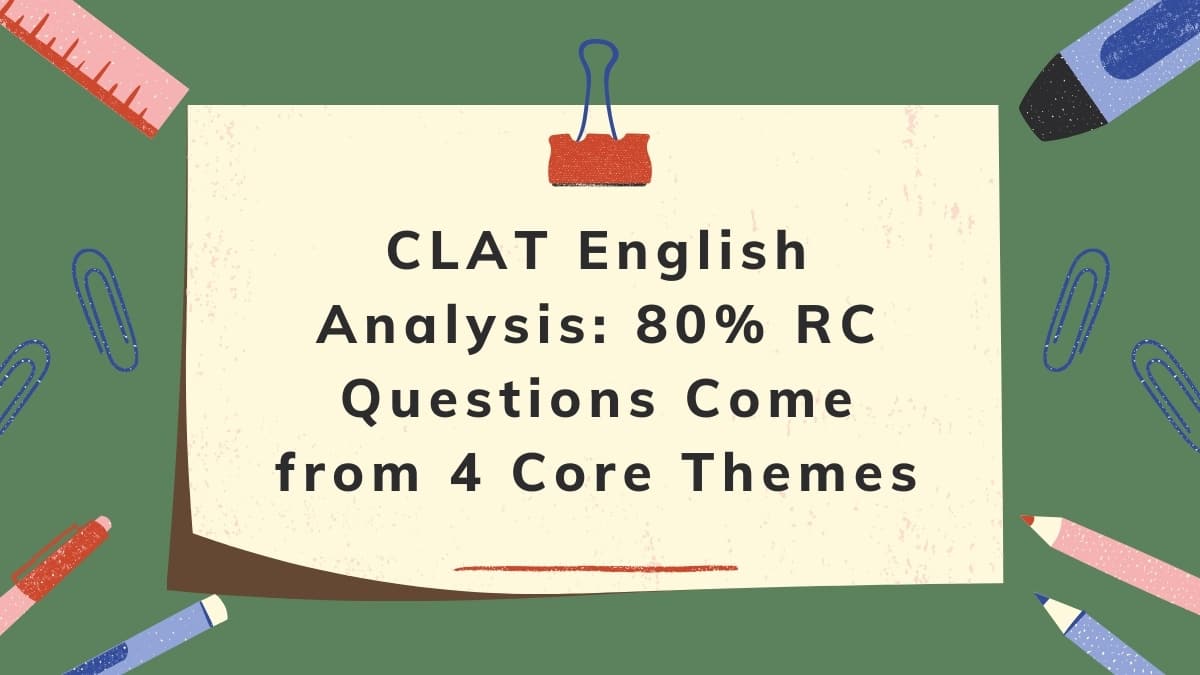Core Themes | What its include | Example | Key Preparation Tips |
Social Issues and Contemporary Topics | This Theme covers topics such as poverty, inequality, gender issues, politics, education, and healthcare. Passages from newspapers, magazines, and reports often feature these themes, discussing both the problems and potential solutions. | For example, questions may revolve around the impact of the right to education in India or gender inequality in the workplace. Understanding these topics not only helps in answering questions accurately but also develops critical thinking, which is crucial for CLAT. | Stay updated with recent news, and read opinion pieces and articles on contemporary social issues to build familiarity with how these topics are discussed. |
Law and Governance | A major chunk of RC passages in CLAT revolves around legal topics, including judicial reforms, constitutional debates, governance issues, legal ethics, and public policy. | Passages may focus on landmark legal cases, international law, constitutional provisions, or political governance. A passage could discuss the separation of powers in a democracy, judicial activism, or changes in India’s legal framework. | Strengthen your knowledge of the Indian Constitution, landmark cases, and political structure. Also, keeping an eye on any recent amendments or judicial decisions can help with contextual understanding. |
Literature and Philosophy | Although less frequent, RCs on literature and philosophy have been consistently appearing in CLAT. These passages may discuss classical literary works, philosophical doctrines, or famous authors. | A passage may discuss themes in George Orwell’s 1984, or address philosophical concepts like existentialism, utilitarianism, or ethics. | Read widely from literature, focusing on the works of both classic and contemporary authors. Additionally, understanding basic philosophical concepts will help you quickly identify and comprehend the core message of philosophical passages. |
Environmental and Economic Concerns | This theme often features discussions on climate change, environmental degradation, economic crises, and sustainable development. Passages could delve into the role of governments and organisations in managing global issues. | Questions might come from a passage on the Paris Agreement’s environmental impact, or how economic crises affect global markets. | Follow current environmental and economic issues closely, focusing on reports from trusted sources such as environmental NGOs, the UN, or major economic forums like the IMF or World Bank. Understanding the economic or ecological impact of various policies is often crucial for answering these questions. |

